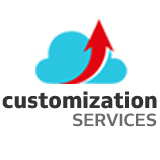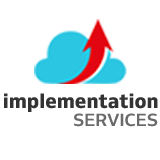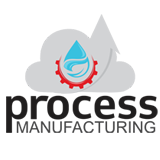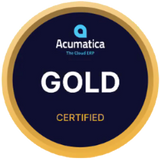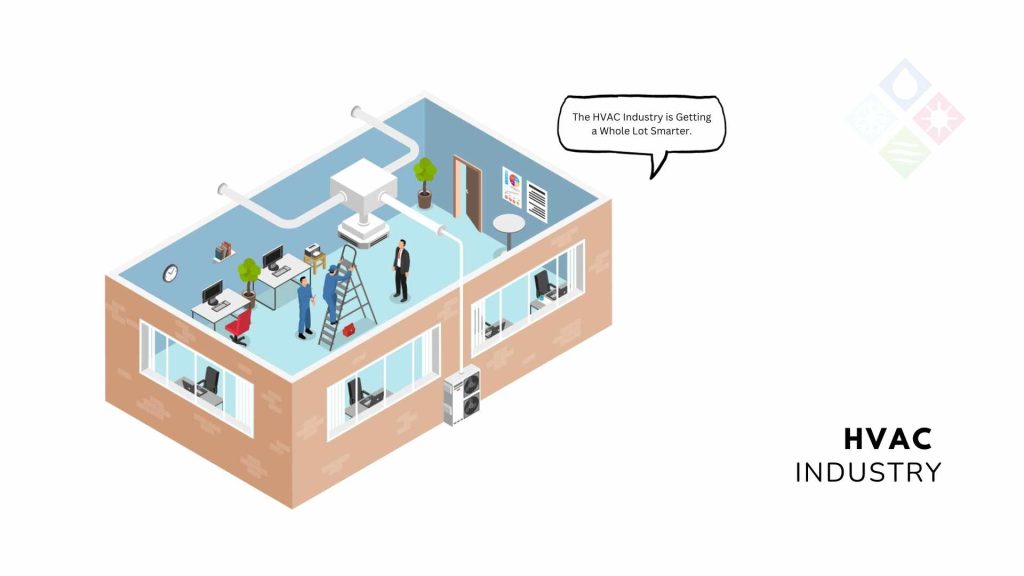With technological innovation and a growing commitment to environmental stewardship, the HVAC industry stands at the forefront of transformative change. Amidst this evolution, two key pillars have emerged as driving forces shaping the industry’s landscape: “Personalized Customer Service” and “Sustainable Technology and Maintenance.” As consumers increasingly seek tailored solutions to meet their unique comfort needs, HVAC professionals are revolutionizing their approach to service delivery.
Simultaneously, a profound emphasis on sustainability reshapes the foundations of HVAC technology and maintenance practices. In this exploration, we delve into the intricacies of these two essential components, uncovering how personalized service and sustainability initiatives meet customer expectations and steer the HVAC industry toward a more efficient, eco-conscious future.
Personalized Customer Service
In the HVAC industry, personalized customer service refers to tailoring services and interactions to meet individual customers’ needs and preferences. This approach recognizes that each customer may have exceptional needs based on the size of their property, usage patterns, budget constraints, and environmental considerations. Here are key aspects of personalized customer service in the HVAC sector:
Customized System Design: HVAC professionals work closely with customers to understand their heating and cooling needs. It involves considering factors like the size and layout of the property, insulation levels, and the customer’s comfort preferences. The goal is to design a system that meets each customer’s unique requirements optimally.
Smart Technology Integration: Personalized customer service includes integrating smart technologies that align with the customer’s lifestyle. It could involve installing smart thermostats, zoning systems, or home automation solutions that give customers greater control over their indoor environment, enhancing comfort and energy efficiency.
Flexible Maintenance Plans: HVAC providers offer personalized maintenance plans considering each customer’s needs. It might involve scheduling maintenance visits at convenient times, providing reminders for filter changes, and offering preventive services tailored to the usage patterns of the HVAC system.
Energy Efficiency Recommendations: Customers receive personalized recommendations for improving the energy efficiency of their HVAC systems. It could include advice on insulation upgrades, window sealing, or installing energy-efficient appliances to align with the customer’s sustainability goals.
Responsive Customer Support: A key element of personalized service is responsive and attentive customer support. It involves addressing customer queries promptly, providing timely assistance during emergencies, and ensuring that customers feel valued throughout the entire lifecycle of their HVAC system.
Sustainable Technology and Maintenance
Sustainability is a growing focus in the HVAC industry, encompassing the technology and maintenance practices employed. Here are key elements of sustainable technology and maintenance in HVAC:
Energy-Efficient Systems: HVAC systems are designed to be more energy-efficient, reducing energy consumption. It includes using high-efficiency furnaces, air conditioners, and heat pumps that meet or exceed industry standards, leading to descending energy bills and a less environmental footprint.
Green Refrigerants: The industry is transitioning from traditional refrigerants with increased global warming potential (GWP) to environmentally friendly alternatives. This shift reduces greenhouse gas emissions and aligns with international efforts to combat climate change.
Smart Thermostats and Controls: Integrating smart thermostats and control systems allows for precise heating and cooling management, optimizing energy usage. Users can schedule temperature adjustments based on occupancy patterns, ensuring that energy is not wasted when needed.
Regular Maintenance for Efficiency: Sustainable maintenance practices involve frequent checks, cleaning, and tune-ups to ensure that HVAC systems operate efficiently. It not only extends the lifespan of the equipment but also prevents energy waste resulting from neglected or inefficient systems.
Waste Reduction and Recycling: Sustainable maintenance includes responsible disposal of old equipment and recycling of components whenever possible. It reduces the environmental impact of HVAC system replacements and upgrades.
Promotion of Renewable Energy Integration: HVAC providers may facilitate the integration of renewable energy sources, such as solar panels, with HVAC systems. It helps in further reducing reliance on non-renewable energy and lowering the carbon footprint of heating and cooling operations.
By combining personalized customer service with sustainable technology and maintenance practices, the HVAC industry aims to provide efficient, eco-friendly solutions that meet the diverse needs of customers while minimizing the environmental impact of heating and cooling operations.
How Acumatica Can Enhance
Acumatica presents a transformative solution for HVAC businesses by seamlessly integrating and streamlining their operations. This comprehensive cloud-based ERP system optimizes workflow efficiency and facilitates real-time data access, enabling informed decision-making. With features to the unique needs of the HVAC industry, such as project management, service automation, and inventory control, Acumatica empowers businesses to enhance customer satisfaction, reduce costs, and ultimately achieve sustainable growth. Embracing Acumatica translates into a strategic advantage, allowing HVAC companies to navigate the complexities of their industry with agility and precision.

Vijay comes with a vast experience in ERP and enterprise solutions space with about 20 years of experience in various packaged application like Acumatica, SAP, Orion, Salesforce.com, SugarCRM and, SalesLogix.




